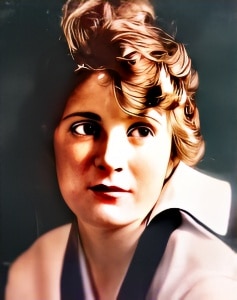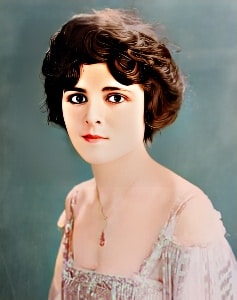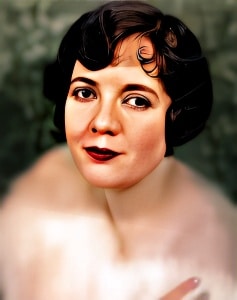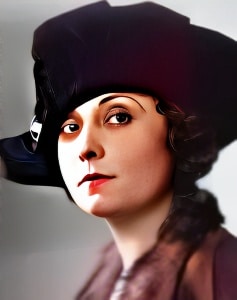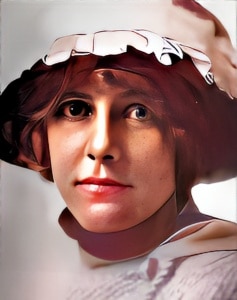 Linda Arvidson (born Linda Arvidson Johnson) was a notable American stage and film actress who made significant contributions to the early days of the motion picture industry.
Linda Arvidson (born Linda Arvidson Johnson) was a notable American stage and film actress who made significant contributions to the early days of the motion picture industry.
Born on July 12, 1884, and passing away on July 26, 1949, she rose to prominence while working at Biograph Studios in New York, a studio known for its pioneering role in the early film industry. Notably, until 1913, none of the company’s actors received on-screen credits, making her work and that of her colleagues even more remarkable.
Arvidson’s career began during a transformative period in the entertainment world. The emergence of the motion picture industry in the early 20th century offered new opportunities for aspiring actors and actresses. Arvidson’s journey into this exciting world started at Biograph Studios, where she quickly established herself as a notable talent.
During her time at Biograph Studios, Linda Arvidson shared the spotlight with other renowned female performers, including Florence Lawrence and Marion Leonard. They collectively became known as the “Biograph girls” due to their frequent appearances in the studio’s productions. Despite the lack of on-screen credits, these actresses gained recognition from both theatergoers and trade publications for their contributions to the burgeoning film industry.
One pivotal moment in Arvidson’s life was her encounter with D. W. Griffith, a visionary screen director who left a lasting mark on the world of cinema. Griffith’s innovative approach to filmmaking left a deep impression on Arvidson, and the two formed a professional and personal connection that would significantly shape their careers.
Arvidson’s relationship with Griffith eventually led to a secret marriage. The decision to keep their union confidential was rooted in professional discretion, highlighting the complexities of maintaining personal lives in the public eye.
In the 1909 film “A Corner in Wheat,” directed by D. W. Griffith, Linda Arvidson portrayed the character of the farmer’s wife. This early cinematic work was part of the Biograph Studios’ pioneering efforts in the film industry. The film explored the themes of wealth and poverty, drawing attention to societal disparities, and featured Arvidson in a significant role.
Linda Arvidson’s contributions to the early days of cinema, particularly her work at Biograph Studios and her association with D. W. Griffith, remain an integral part of film history. Her performances, alongside those of her fellow “Biograph girls,” played a crucial role in shaping the evolving art of storytelling on the silver screen.

